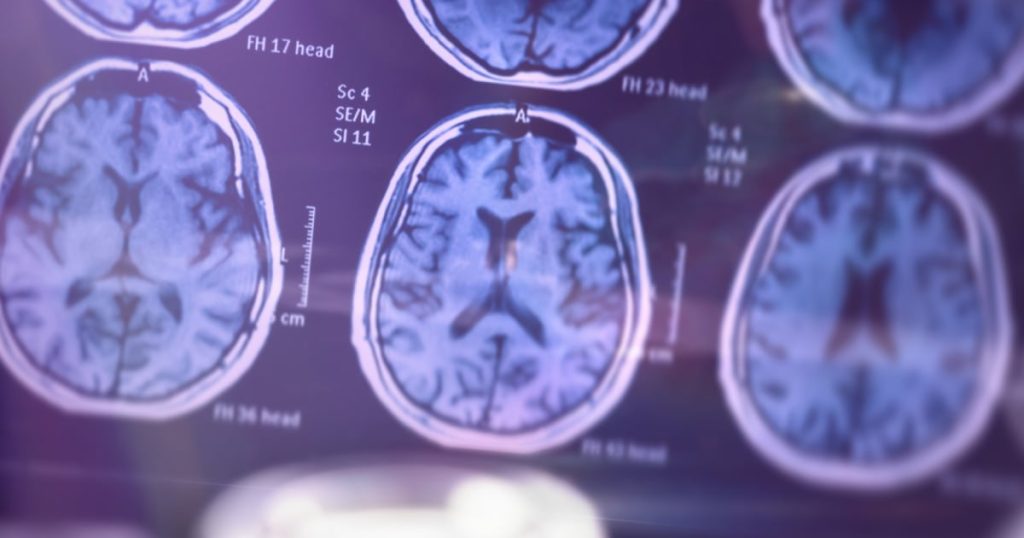New blood tests are being developed to help doctors diagnose Alzheimer’s disease more quickly and accurately. Currently, diagnosing Alzheimer’s requires confirming the presence of beta-amyloid protein in the brain, which is typically done through brain scans or spinal taps. However, many patients are diagnosed based on symptoms and cognitive exams. Labs are now offering a variety of blood tests that can detect certain signs of Alzheimer’s. While the potential of these tests is promising, they are not widely used yet due to limited data and lack of FDA approval and insurance coverage.
The demand for earlier Alzheimer’s diagnosis is increasing as more than 6 million people in the United States and millions more worldwide are affected by the disease. Biomarkers of Alzheimer’s include amyloid plaques and abnormal tau protein that can lead to neuron damage. New drugs like Leqembi and Kisunla can help slow the progression of symptoms by removing amyloid from the brain, but they are most effective in the early stages of the disease. Measuring amyloid in spinal fluid is invasive, and PET scans to detect plaques are costly and hard to schedule. Even specialists can struggle to differentiate between Alzheimer’s and other causes of memory issues.
A new study conducted in Sweden involving 1,200 patients showed that blood tests for Alzheimer’s can be accurate and effective, even in primary care settings. The study compared the accuracy of initial diagnoses made by primary care doctors and specialists with blood tests, confirming the high accuracy rate of the blood tests. Currently, there is a wide variety of blood tests available for Alzheimer’s, each measuring different biomarkers. To ensure accuracy, doctors and researchers should only use blood tests that have been proven to have greater than 90% accuracy.
One of the blood tests that have shown promising results in terms of accuracy is the p-tau217 test, which measures a form of tau correlated with plaque buildup in the brain. High levels of p-tau217 indicate a strong likelihood of Alzheimer’s being the cause of memory loss, while low levels suggest otherwise. Several companies are developing p-tau217 tests, including ALZpath Inc., Roche, Eli Lilly, and C2N Diagnostics. The Alzheimer’s Association is working on guidelines for the use of blood tests while companies are seeking FDA approval to clarify proper usage.
Currently, only doctors can order blood tests for Alzheimer’s from labs. The Alzheimer’s Association advises doctors to use blood testing only in patients with memory problems after verifying the accuracy of the test they order. Primary care physicians, in particular, could benefit from using blood tests to differentiate between patients who require further evaluation by specialists. While blood tests are not yet recommended for individuals without symptoms but concerns about Alzheimer’s, ongoing studies are investigating potential preventive therapies and may include blood testing for high-risk individuals.













